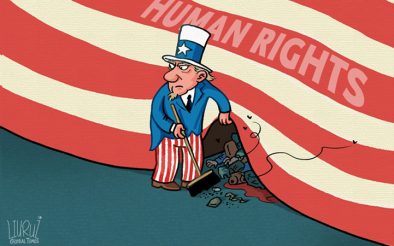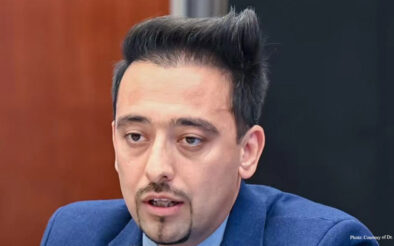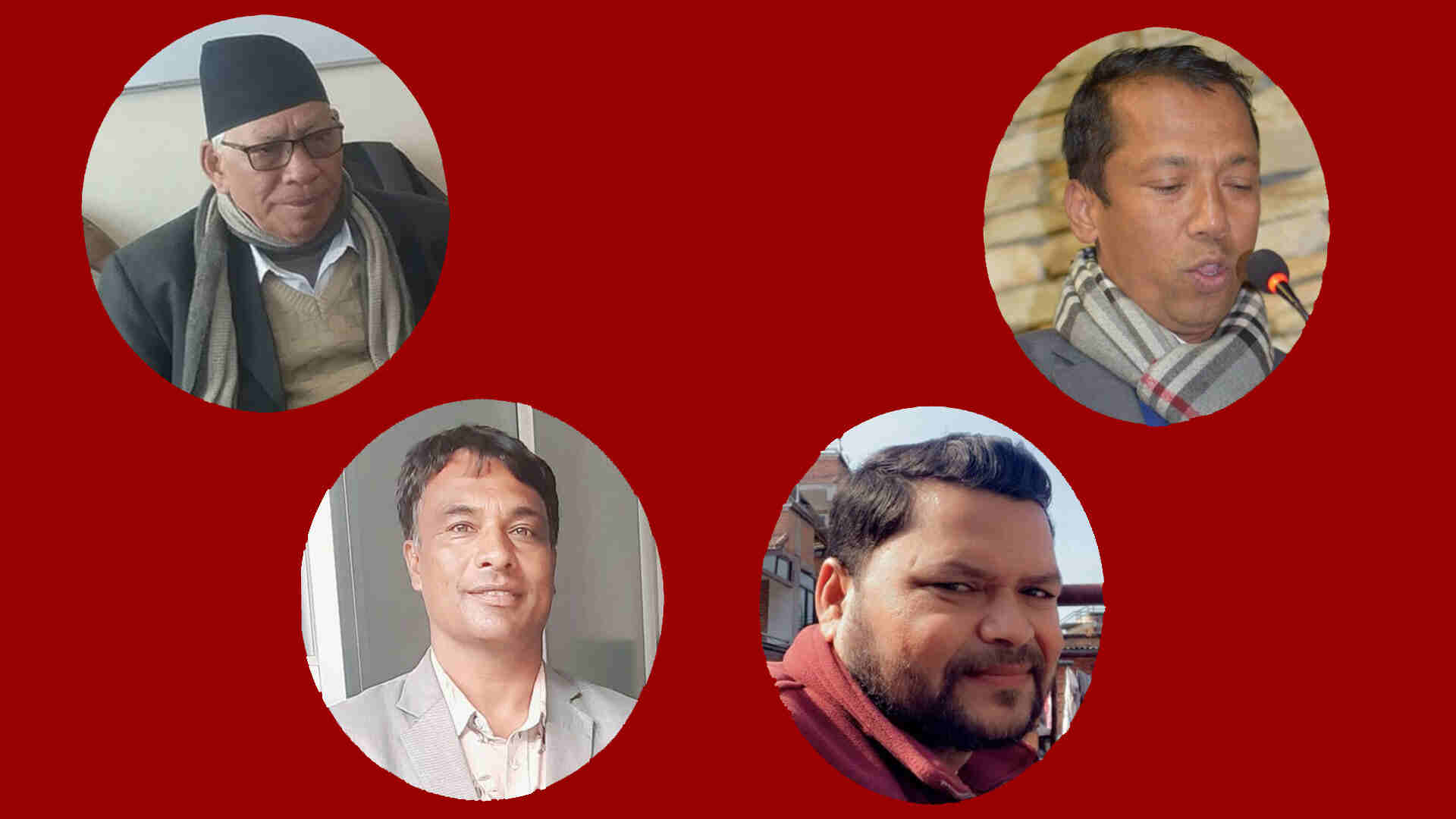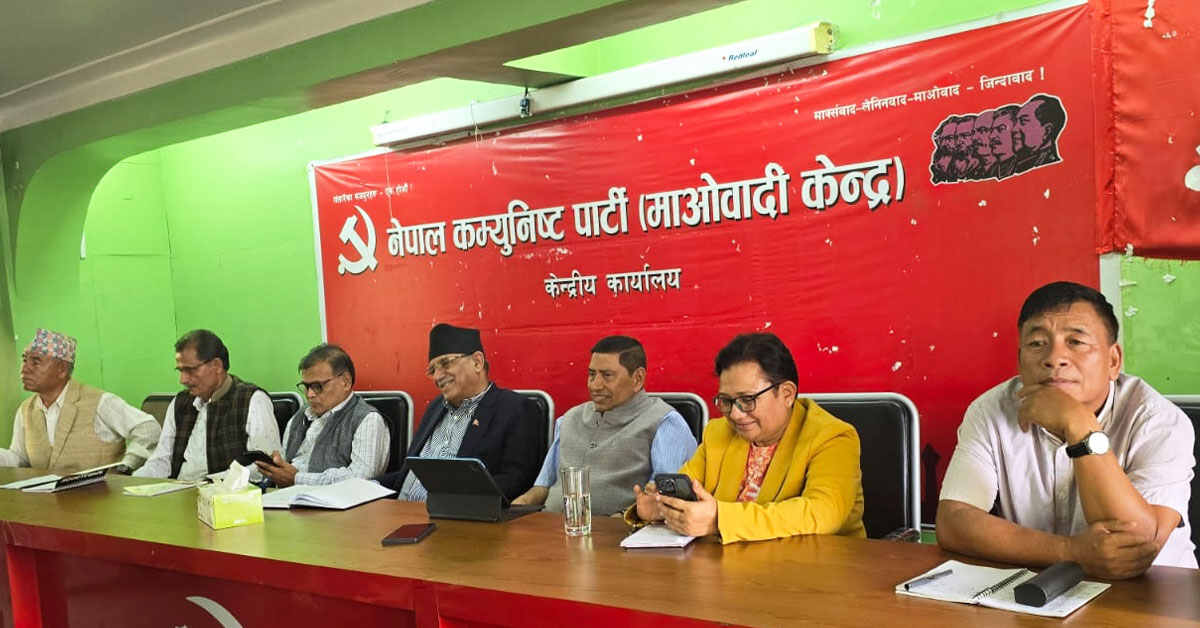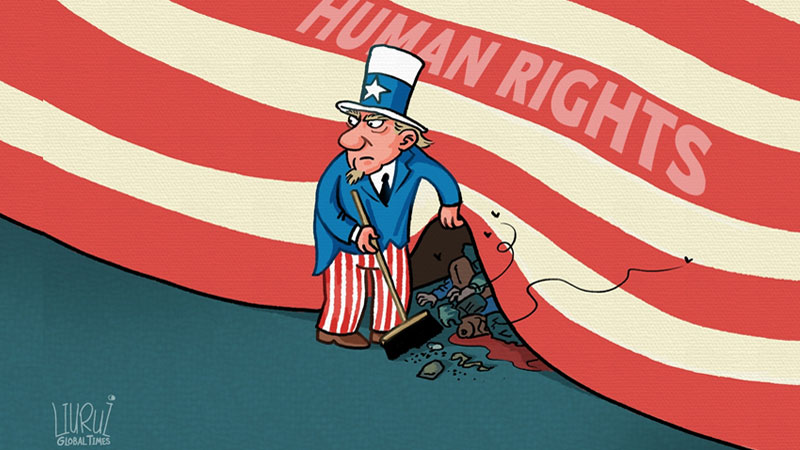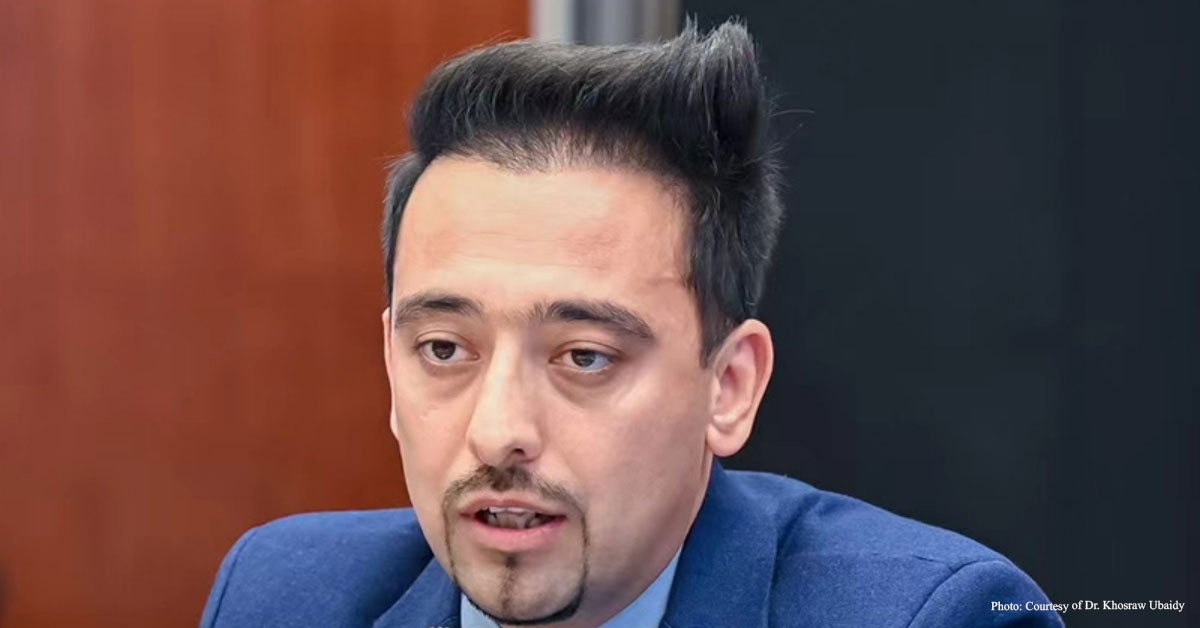Kathmandu. With an electoral shock to the US President Donald Trump, the United Nations Security Council late Friday rejected a resolution from the US to extend an arms embargo on Iran set to expire in October.
The US that claims of creating and leading a new world order could secure only two votes including itself and the Dominican Republic.
The resolution proposed by the United States, which was a heavily edited second draft that had been cut down to four paragraphs, failed to secure the nine votes necessary for passage, with 11 members, including France, Germany and Britain, having abstained, while the US and the Dominican Republic were the only two members to vote in favour.
US Secretary of the state Mike Pompeo sourly said the Security Council rejected “a reasonable resolution” that would extend the arms embargo and prohibit the Islamic Republic from buying and selling conventional weapons.
In a written statement, Secretary Pompeo said, “The Security Council’s failure to act decisively in defense of international peace and security is inexcusable.”
The US was not expected to receive enough votes since it announced the draft resolution, removing the need for Russia and China – who opposed the measure – to wield their vetoes, which they had indicated they were prepared to do.
The event has signaled that the US empire is being increasingly isolated in the international politics and losing its credibility continuously. At the same time, the US Government has been failed to control the COVID-19 pandemic at homeland.
President Donald Trump pulled the US out of the internationally-backed Iranian nuclear deal in 2018.
The UN imposed a ban on the export of most major conventional weapons to Iran in 2010. But after the Iran nuclear deal – known formally as the Joint Comprehensive Plan of Action (JCPOA) – went into effect in October 2015, a potential five-year expiration date for some aspects of the embargo was set for this October.
As usual, Washington had previously warned that a failure to extend the embargo would cause the US to trigger a snapback of UN sanctions. Diplomatic experts said that the US could do thas as early as next week, but would face a tough, messy battle in the process.
Such a move, if successful, would require Iran to suspend all nuclear enrichment-related and reprocessing activities, including research and development, and ban imports of anything that could contribute to those activities, or to the development of nuclear weapon delivery systems. States would also be urged to inspect shipments to and from Iran and authorise them to seize any banned cargo.
One day before the voting, Iran’s permanent mission to the United Nations called on the UN Security Council to stand against the US’ “illegal and unhealthy” push to extend an arms embargo on Iran which is going to expire in October.
Thursday, Iran’s UN mission made and statement and said the draft US resolution, which was presented in clear violation of the UNSC Resolution 2231, is aimed at addressing the US’ domestic policy and has nothing to do with maintaining international peace and security.
“The US-proposed draft resolution targets the integrity, authority, and credibility of the Security Council and the United Nations, and multilateralism, the rule of law and diplomacy,” the statement said, Iran Press reported.
“To satisfy its deep addiction to impose sanctions and to justify its irresponsible behavior in the Security Council, the United States baselessly accuses Iran of fomenting instability in the region, while destructive behavior, divisive policies, and an insatiable appetite for exporting deadly weapons to West Asia are the main sources of instability, insecurity and human suffering in the region,” it added.
Russia proposes video summit on Iran
The departing US envoy to Iran, Brian Hook, said last month that the US would be willing to use military force as a means to stop Tehran from obtaining nuclear capabilities if it were to make such an attempt.
Iran, for its part, is continuously denying the charge of working on producing a nuclear weapon.
Europe has acknowledged the nuclear deal is not working as planned, primarily because of Washington’s “maximum pressure” sanctions campaign, but has expressed more interest in mediation than in the reinstatement of international sanctions.
Russian President Vladimir Putin on Friday proposed a video summit with the US and the remaining parties to the nuclear deal – Britain, France, China, Germany, and Iran – to try to avoid further “confrontation and escalation” at the UN.
“The issue is urgent,” Putin said in a statement, and said the alternative was “only further escalation of tensions, increasing risk of conflict – such a scenario must be avoided”.
French President Emmanuel Macron has also supported Putin’s proposal and made it clear that he is open to taking part in a video summit, according to an Elysee Palace statement.
However, US President Donald Trump told reporters that he heard about such a summit, but had not yet been directly spoken to about it.


